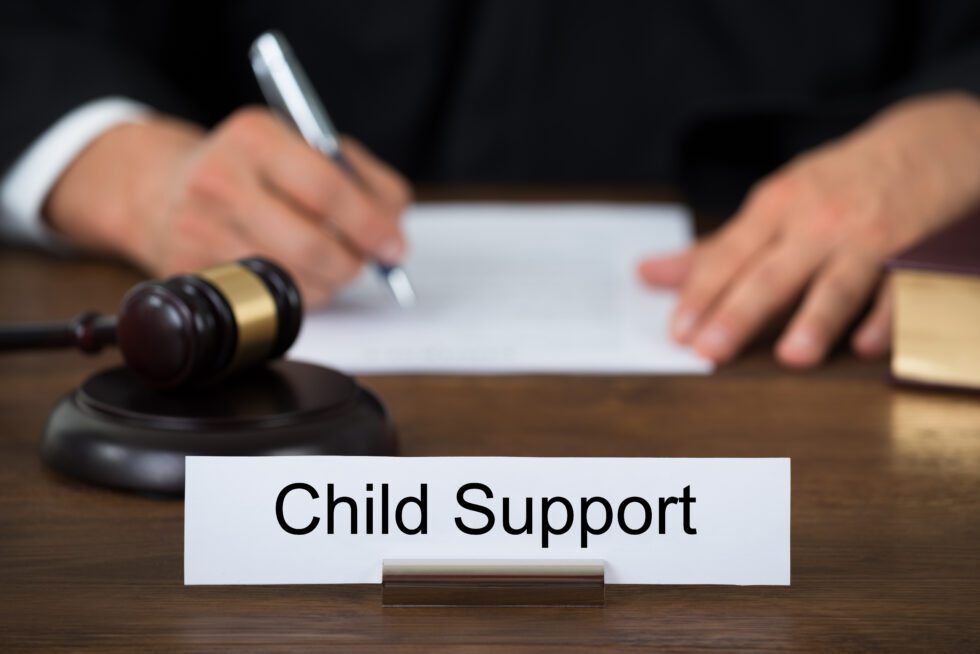


What Is the Impact of the Child Support Standards Act (CSSA) on Modifications in New York?



The Child Support Standards Act (CSSA) was enacted in New York in 1989 and has significantly impacted child support and modifications to child support orders in the state. The CSSA was designed to ensure that children in the state receive adequate financial support from both parents. This blog post will explore the specifics of the CSSA, how it affects modifications in New York, and what steps parents must take to ensure they meet their obligations.
What Is the Child Support Standards Act?
The Child Support Standards Act (CSSA) is a New York State law that establishes rules for calculating child support. It was enacted in response to the rising cost of raising children and to ensure that parents are financially responsible for the care and well-being of their children. The CSSA sets guidelines for how much support is appropriate based on the parents’ incomes and other factors, such as the number of children, their ages, and any extraordinary expenses. The CSSA also provides for periodic review and adjustment of child support orders as needed to reflect changes in income or circumstances.
The CSSA applies to divorced and unmarried parents who the court orders to pay or receive child support. Setting uniform guidelines for determining child support helps prevent the need for lengthy and expensive litigation in family courts.
Determining Child Support
The Child Support Standards Act (CSSA) provides the formula used to determine the amount of a support order in New York. It uses a percentage of the combined parental income to calculate the amount of child support owed. These percentages are as follows:
- 17% for one child
- 25% for two children
- 29% for three children
- 31% for four children
- No less than 35% for five or more children
As of March 1, 2022, the court increased the cap for combined parental income to $163,000. This means that if the parents’ combined income is over $163,000, the court may fix child support by applying the formula above the cap or by deviating from the guidelines for the income over the cap.
How the CSSA Affects Modifications
Under the Child Support Standards Act (CSSA), either the custodial parent or the noncustodial parent can petition New York Family Court for a modification. To be successful, the petitioner must show a substantial change in circumstances, including an increase or decrease in either parent’s income. Either parent can also petition for a child support modification if three years have passed since the prior arrangement was made.
Child Support Order Violations
When a parent receiving child support payments is not being paid, they can file a “violation” or “enforcement petition” with Family Court. The court will hold a hearing to determine whether the violation occurred and consider various options moving forward, including a court-ordered garnishment of the non-responsive parent’s paycheck, a one-time lump sum payment, or suspension of their driver’s, professional, or business license or passport revocation. In more serious cases, the court may even order incarceration.
If you are owed child support payments from a non-responsive parent, seek legal advice as soon as possible. An experienced New York child support lawyer can explain your rights and help you get the payments you should have received
Speak with a New York Child Support Lawyer Today
If you are looking for assistance with Family Court matters in New York, The Mandel Law Firm can help. Our New York family law attorneys have the knowledge and experience to evaluate your case and determine the best course of action for you and your family. We can also help ensure that your child support order is fair and reflects any changes in circumstances. Contact us today at (646) 770-3868 for a legal consultation to discuss your case.











